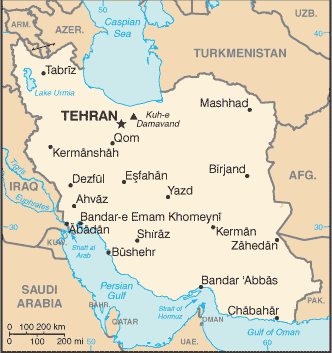Iranian President Hassan Rohani, set for inauguration this weekend, won election primarily on a campaign in favor of diplomacy and rapprochement with the West. Since the election he has focused on his desire for talks.
 Though traditionally the Iranian president has limited influence over diplomacy, his long-standing role in Iranian politics and close connections to Supreme Leader Ayatollah Ali Khamenei gives him a unique opportunity to shift the tone of diplomacy.
Though traditionally the Iranian president has limited influence over diplomacy, his long-standing role in Iranian politics and close connections to Supreme Leader Ayatollah Ali Khamenei gives him a unique opportunity to shift the tone of diplomacy.
Rohani has long criticized Iran’s diplomatic strategy, insisting they are too unwilling to compromise. That seems set to change, but will there be anyone to compromise with?
That’s less clear, because a campaign of hostility toward diplomacy on general principle has been growing in the US virtually from the moment Rohani won. With 76 Senators signing a letter condemning diplomacy, suggesting that even before Rohani talks over the well may already be so poisoned for him that negotiations with the US will be difficult to put together.





No matter what the Iranians do the us will shift the goal posts. Nothing will suffice less the total capitulation of Iran. The good news is that Iran, unlike the sheikhdoms of the gulf, work for thei people and have a strategy.